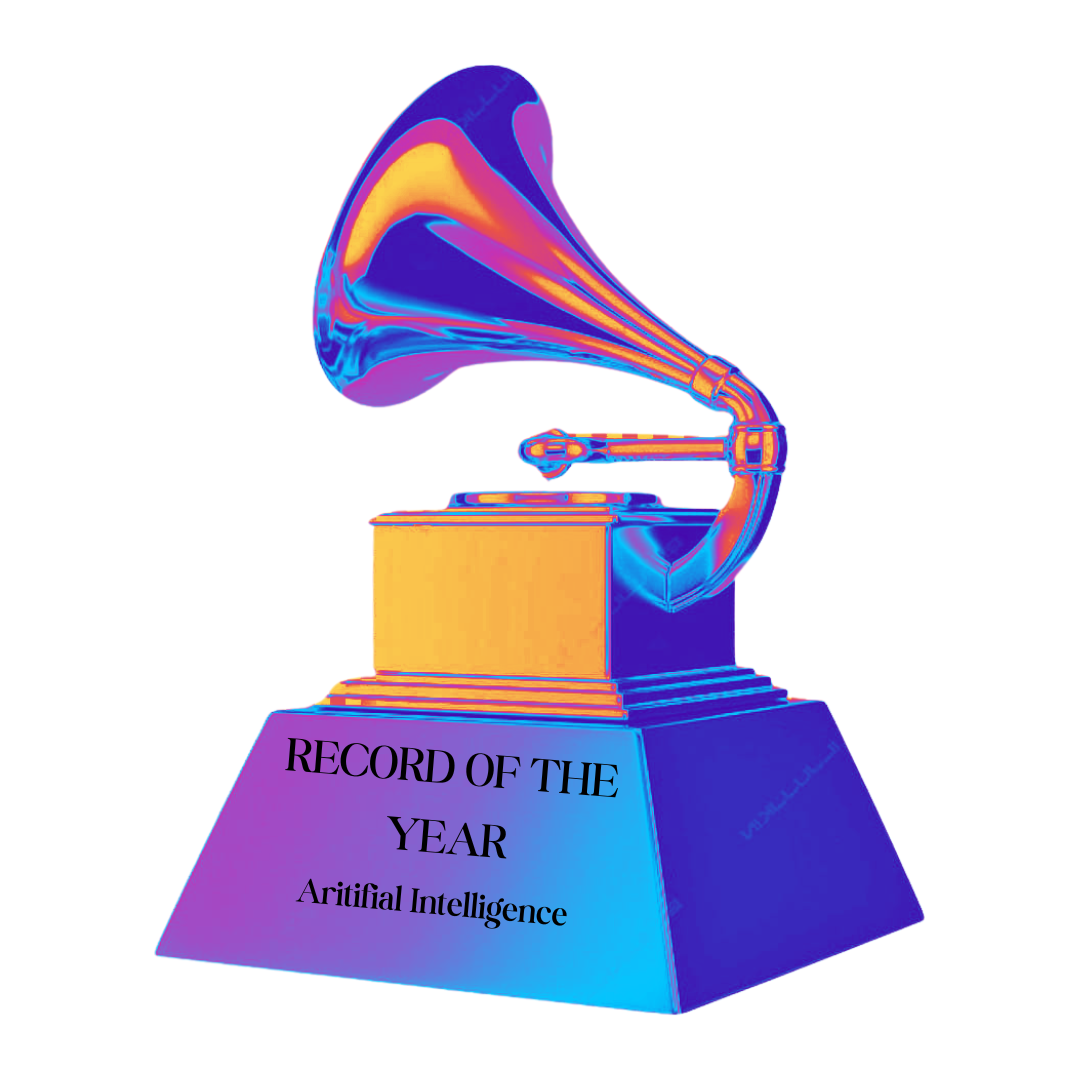A producer named Ghostwriter blew up on Tik Tok last April after the release of his song “Heart on My Sleeve” featuring Drake and The Weeknd. The only problem? The artists never even knew the song existed. Ghostwriter used Artificial Intelligence-generated vocals to mimic the two popstars, which, needless to say, wasn’t received favorably by their label United Music Group.
UMG took the song down across multiple platforms on April 17, but not before it was able to reach over 600,000 streams on Spotify and 15 million views on Tik Tok. The damage had been done – Ghostwriter opened a can of worms that left the music industry wondering: where do we draw the line for A.I.’s involvement in music?
In the aftermath of “Heart on My Sleeve,” Harvey Mason Jr., chief executive of the Recording Academy, felt compelled to organize a roundtable discussion on how to harness the powers of A.I.. In an interview with the New York Times, Mason Jr. remembered his initial reactions to the song as being, “OK, where is this going? How is this going to affect creativity? What’s the business implication for monetization?”
As with most fields, the value of A.I. is currently at a crossroads between being seen as a tool and a threat. But in reality, opening the door for A.I. could forever taint the creative process.
For decades, the process of thinking has been constantly split into the concept of left brain vs. right brain. The left side is known for being more analytical and orderly while the right is creative and emotional. Similar to the two hemispheres of the brain, A.I. and art exist on polar opposite sides of the spectrum of cognition.
A.I. is a system of algorithms that’s made to operate by the book. It’s fueled by patterns and consistency, regurgitating ideas that already exist. Even generative A.I., which creates products ‘from scratch,’ is essentially a compilation of the internet’s best work. Art is anything but that. The expression of human emotion and creativity cannot be quantified by an algorithm or a pattern.
That being said, the Grammy’s didn’t outright ban the use of A.I., stating “only human creators are eligible for awards” in addition to, “a work that features elements of A.I. material is eligible.” So where do you draw the line?
It all comes down to who has control over the creative process. A.I. could be helpful in the brainstorming phase without contributing to the majority authorship of a song. But questions regarding how much control humans truly have over A.I. will only be exacerbated in the coming years, and determining who is truly at the helm of creativity will only prove harder with time.
It’s safe to say tat A.I. should stick to fueling Spotify’s bewildering daylist titles for the time being.





















